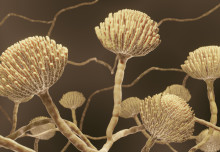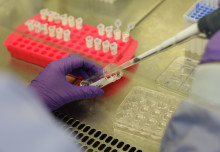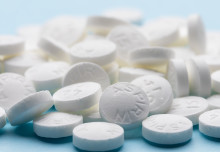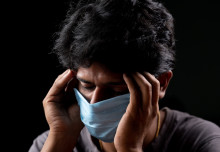

Gene grant
EU gives Imperial €2.5 million to delve deeper into bacterial gene swapping
Imperial scientists have been awarded a prestigious grant to unravel the courier systems bacteria use to swap genes.



EU gives Imperial €2.5 million to delve deeper into bacterial gene swapping
Imperial scientists have been awarded a prestigious grant to unravel the courier systems bacteria use to swap genes.


Researchers discover drug-resistant mould is capable of infecting people
A new study led by Imperial College London finds that drug-resistant mould is spreading from the environment and infecting susceptible people’s lungs.


Meningitis jab could be cost-effective for combating gonorrhoea
A meningitis vaccine could be cost-effective in combating gonorrhoea amid rising cases globally and increased resistance to drug treatments.


Imperial reactor delicensed and viral variants: News from the College
Here’s a batch of fresh news and announcements from across Imperial.


Lockdown reduced children’s contacts with GPs but increased remote appointments
Young people’s contacts with GPs in England dropped by 41% overall during the first COVID-19 lockdown in 2020 compared with previous years.


COVID-19 mixed with flu increases risk of severe illness and death
Patients in hospital with both COVID-19 and flu are at much greater risk of severe disease and death, research shows.


Aspirin may improve 3-month survival for patients critically ill with COVID-19
Antiplatelet drugs such as aspirin have little effect on the need for life support in COVID-19, but they may improve survival in the following months.


Video
Imperial pioneer wins UNESCO-Equatorial Guinea International Prize
An Imperial Regius Professor of Engineering has won the UNESCO-Equatorial Guinea International Prize for Research in the Life Sciences.


COVID-19 mapper reveals symptom variation between countries and health status
Imperial research has unveiled how COVID-19 symptoms varied between country and health condition in 2020 in partnership with symptom mapper Healthily.


Ongoing ‘immune injuries’ might cause persistent breathlessness after COVID-19
Long-lasting immune activity in the airways might be the cause of persistent breathlessness following COVID-19.